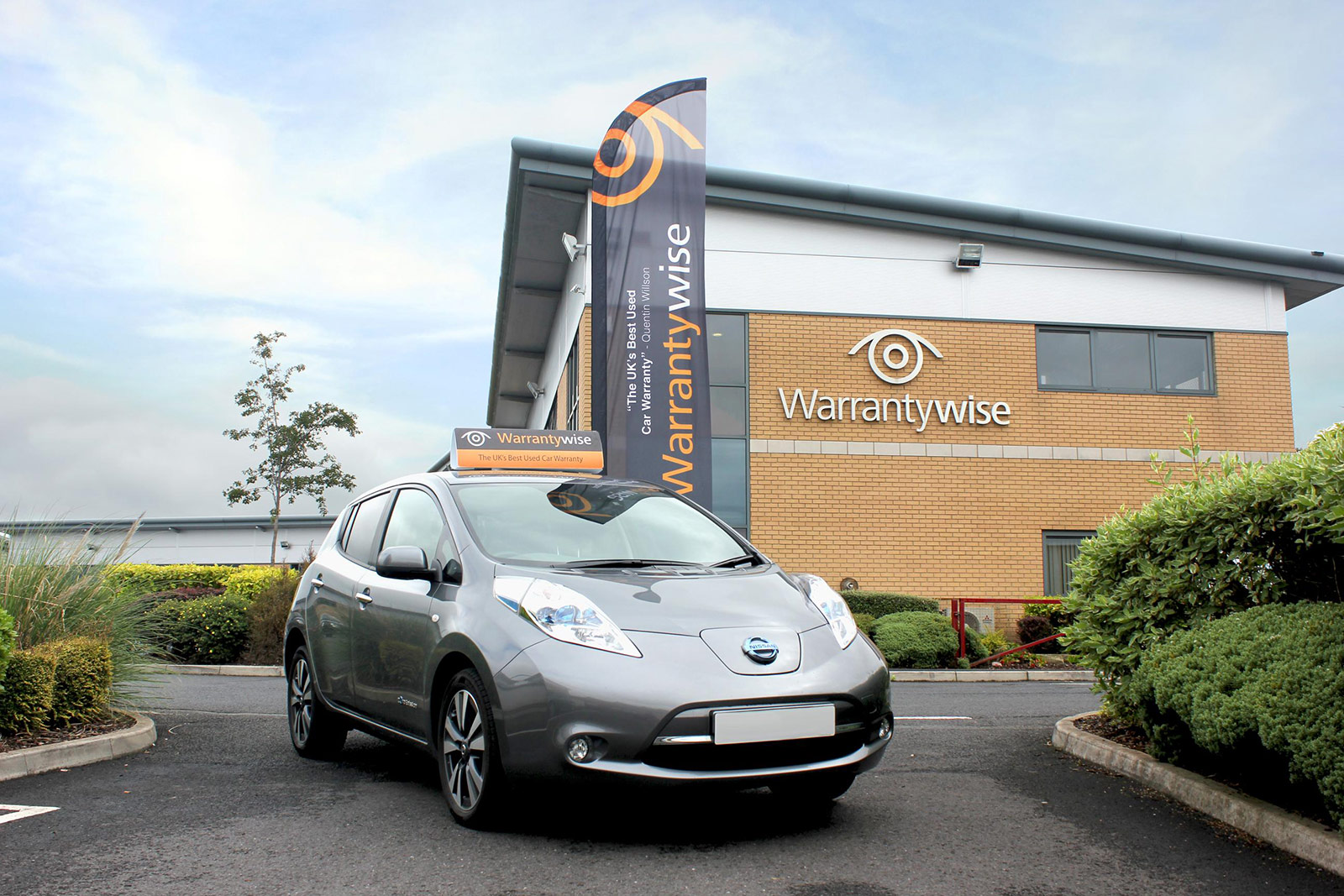Are you considering making the switch to an electric vehicle? As the popularity of electric cars continues to soar, it’s crucial to explore all aspects of ownership, including protection for unexpected issues. In this article, we will delve into the world of “Extended Warranty for Electric Cars,” shedding light on its significance and why it should be a priority for every electric car owner.
Understanding the Essence of Extended Warranty for Electric Cars
1. Exploring the Unique Needs of Electric Vehicles
Electric cars, with their advanced technology and intricate components, come with their own set of maintenance challenges. Unlike traditional vehicles, they rely heavily on electronic systems and high-tech batteries. This uniqueness emphasizes the necessity of specialized coverage through an extended warranty.
2. The Role of Extended Warranty in Electric Car Ownership
An extended warranty acts as a safeguard against unexpected repair costs that may arise after the manufacturer’s original warranty expires. For electric cars, this becomes particularly crucial due to the intricate and expensive nature of their components.
3. Benefits of Extended Warranty for Electric Cars
a. Coverage for High-Cost Components
The most significant advantage of an extended warranty for electric cars is the coverage it provides for high-cost components. This includes the electric motor, battery, charging system, and other complex electrical components. Repairs or replacements of these parts can be exorbitant, making an extended warranty a wise investment.
b. Peace of Mind
Knowing that potential repair costs are covered can bring peace of mind to electric car owners. It allows them to enjoy the benefits of their eco-friendly vehicle without constant worry about unforeseen expenses.
c. Technological Advancements and Software Updates
Electric vehicles often receive software updates to enhance performance and address potential issues. An extended warranty may cover the costs associated with these updates, ensuring that your electric car stays up-to-date with the latest technology.
Extended Warranty For Electric Cars: Navigating the Options
1. Manufacturer Extended Warranties
Many electric car manufacturers offer extended warranty options for their vehicles. These warranties typically provide coverage for a specific duration or mileage beyond the original warranty. It’s essential to explore the terms, coverage, and cost associated with manufacturer extended warranties.
2. Third-Party Extended Warranty Providers
Independent warranty providers also offer extended coverage for electric cars. These plans may provide more flexibility in terms of coverage options and may be available for vehicles from various manufacturers. Researching and comparing third-party providers is crucial to finding the best fit for your needs.
3. Factors to Consider When Choosing an Extended Warranty
a. Duration of Coverage
Consider how long you plan to keep your electric car. Choose an extended warranty that aligns with your ownership timeline to maximize its benefits.
b. Coverage Limits and Exclusions
Thoroughly review the coverage details, including any limits and exclusions. Some warranties may have restrictions on specific components or types of repairs.
c. Cost of the Extended Warranty
Compare the cost of the extended warranty against potential repair expenses. While it involves an upfront investment, it can save you money in the long run.
Read too: Which Electric Cars Have Autopilot? Navigating the Future
Conclusion
Investing in an extended warranty for your electric car is a proactive step towards securing your investment and ensuring a worry-free ownership experience. As the electric vehicle market continues to evolve, embracing the additional protection offered by extended warranties becomes increasingly relevant.
In conclusion, “Extended Warranty for Electric Cars” is not just an option; it’s a strategic decision to safeguard your finances and maintain the longevity of your eco-friendly vehicle. Explore the available options, weigh the benefits, and drive with confidence, knowing that you have comprehensive coverage for unexpected repairs.


